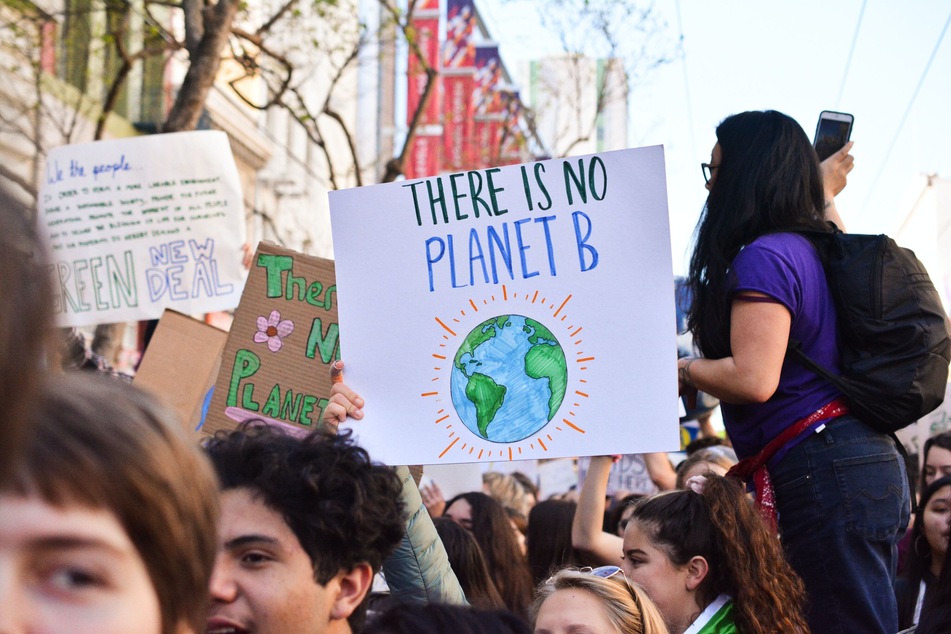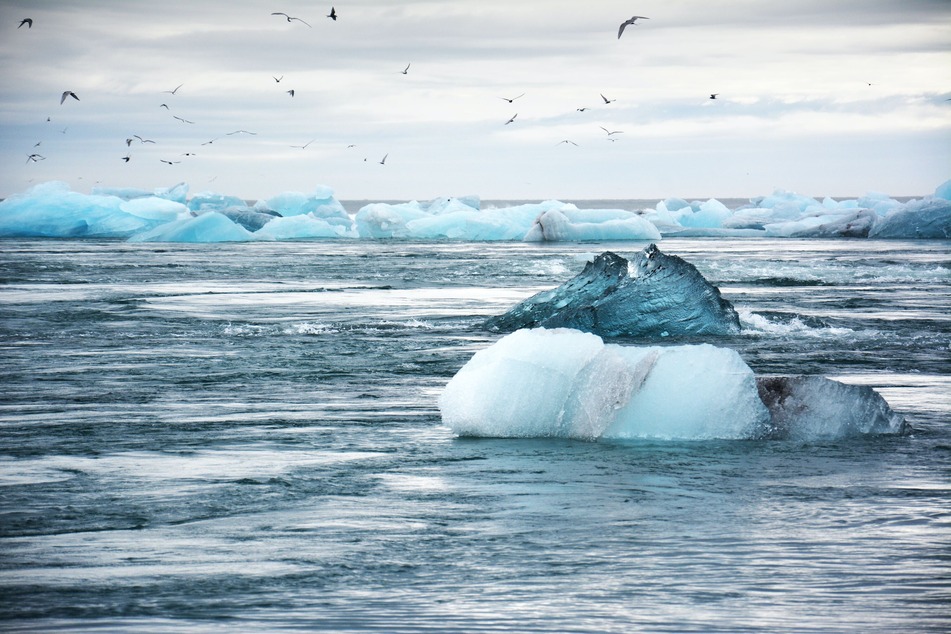Key climate reports show unprecedented level of melting ice
Two core climate reports released on Thursday showed that ice is melting at an unprecedented level worldwide, from the Alps to Antarctica.

More glacier ice melted in Europe's Alps last year than ever previously recorded, the EU's climate monitoring agency said on Thursday.
The glaciers lost more than 5 cubic kilometers of ice, the Copernicus Climate Change Service said.
If this mass of ice were pressed into a cube, the agency said, the edges would be about five and a half times the height of the Eiffel Tower.
The European Space Agency (ESA) meanwhile reported on the same day that the rate of ice loss in Greenland and Antarctica has increased fivefold since the 1990s.
According to the report, about 7,560 billion tons of ice have been lost in the glacial regions over the past three decades as a result of rapidly worsening climate change.
The agency also provided a visual aid, explaining that this can be imagined as one big block of ice with a length of about 12.4 miles. The study, funded by US space agency NASA, records ice loss using satellite imagery. The melting ice has caused sea levels to rise by 21 millimeters since 1992, said ESA.
While the melting of polar ice was responsible for about 5.6% of the sea level rise at the beginning of the 1990s, it now accounts for a good quarter of the rise, it said.
By far the most ice of all recorded ice loss melted in the last seven years, said ESA.
The Arctic isn't the only place experiencing heat waves and melting ice

Melting reached a peak in 2019, with the Arctic experiencing a heat wave, resulting in 612 billion tons of melted polar ice.
The Arctic was not the only place experiencing record heatwaves, according to the Copernicus report. Europe also experienced the warmest summer ever recorded in 2022.
The summer was marked by widespread drought that affected more than a third of Europe, impacting the continent's agriculture, transport and energy supply.
The agency attributed the parched conditions to the below average snowfall the preceding winter and severe heat waves in the summer.
In southern Europe, there was also a significant increase in the number of days with "extreme heat stress," meaning the high temperatures posed a risk to health.
In addition, solar radiation in Europe was more intense than at any other time in the past 40 years. This led to above-average potential for solar power production in many parts of the continent. This trend is expected to continue.
Copernicus records go back to 1979. The climate change service also uses data from ground stations, balloons, aircraft and satellites going back to 1950. Monthly data on temperatures, sea ice cover and other aspects are published with the help of computer analyses.
Cover photo: Unsplash/li_anlim

